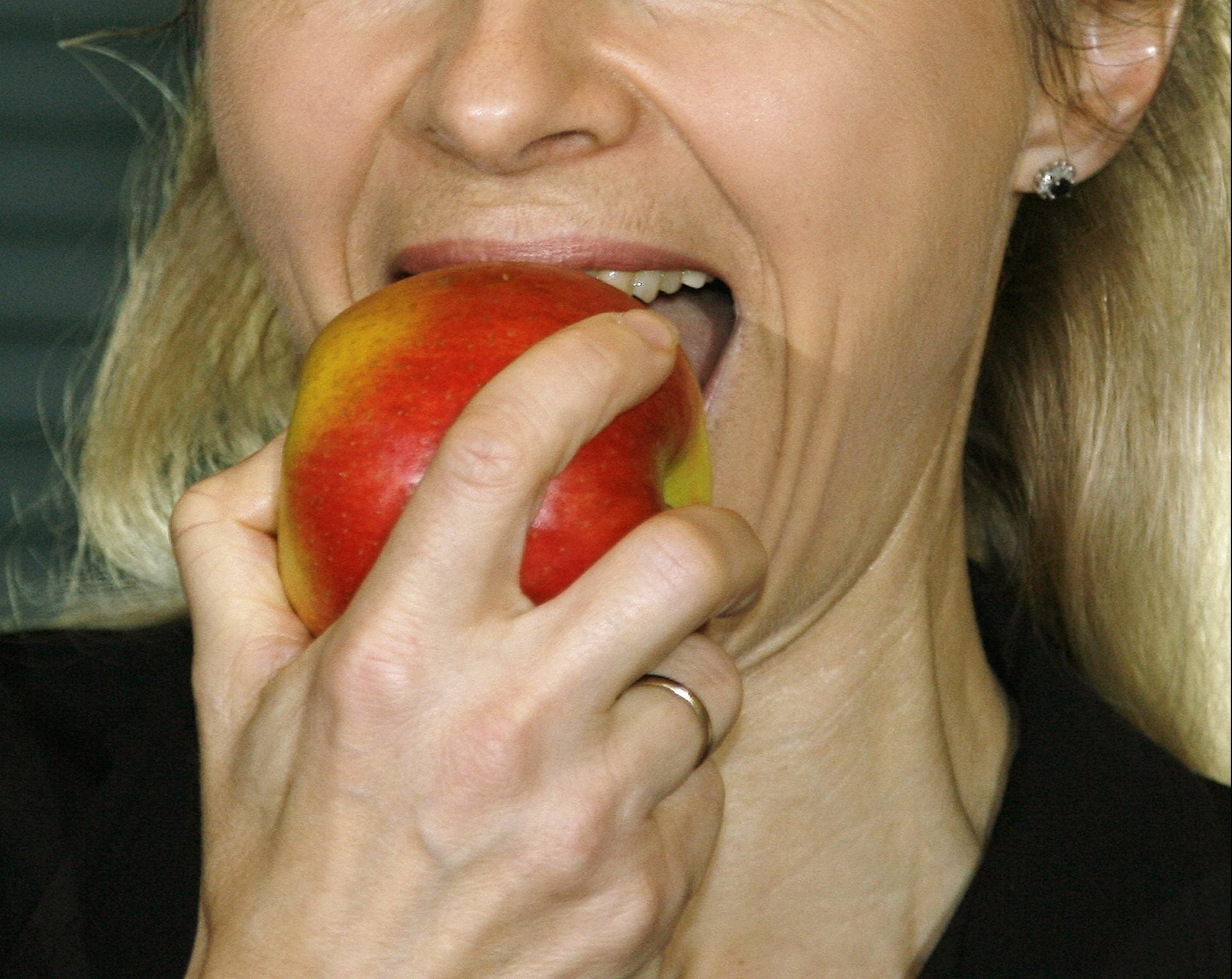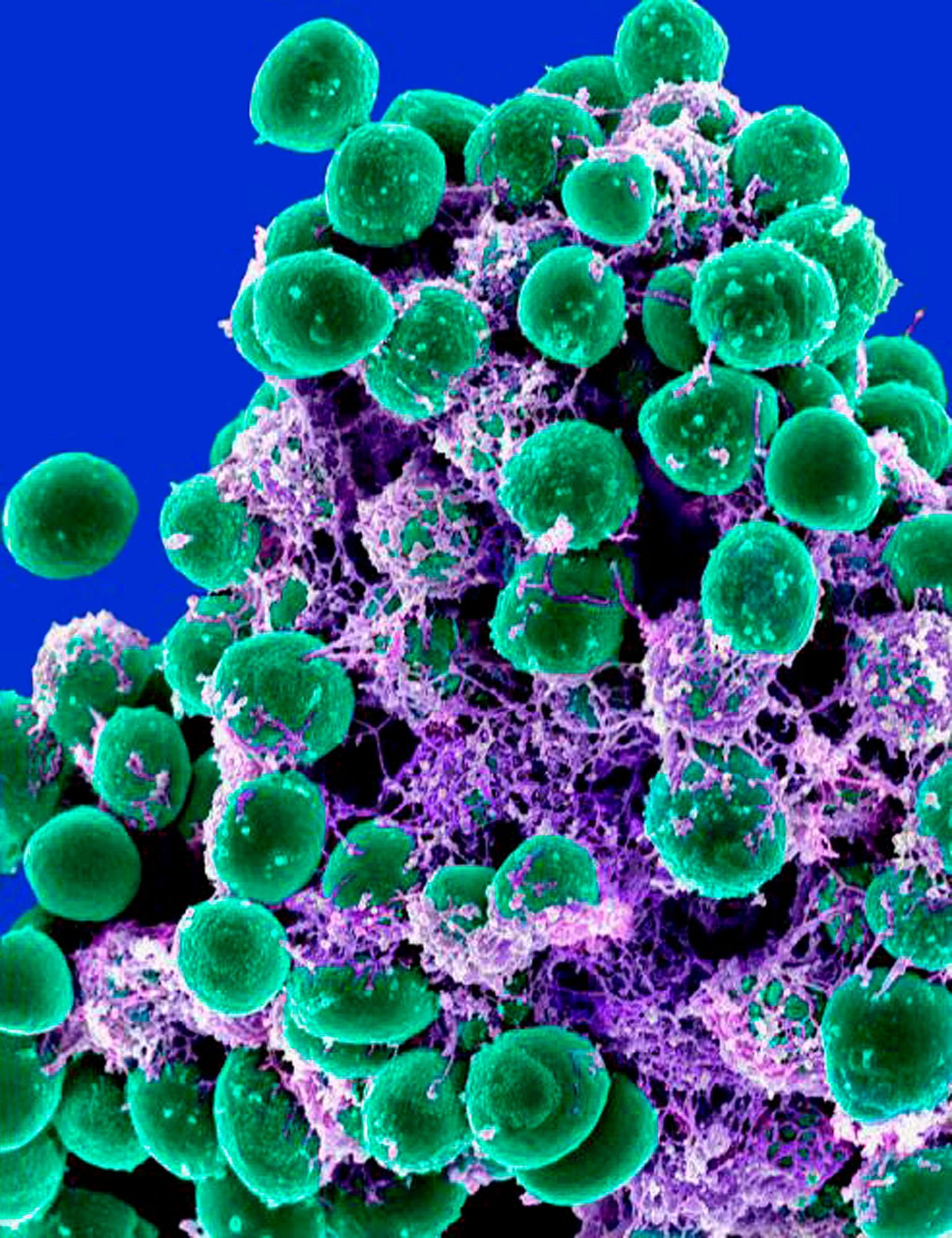The key to good mental health in quarantine is in the food you eat
“Whatever it is—your tradition, your entire typical routine—it does not exist right now,” says clinical psychologist Cortney Warren of the nation-wide containment measures aimed at flattening the Covid-19 curve. Based in Las Vegas, she is currently holding all her sessions virtually.


“Whatever it is—your tradition, your entire typical routine—it does not exist right now,” says clinical psychologist Cortney Warren of the nation-wide containment measures aimed at flattening the Covid-19 curve. Based in Las Vegas, she is currently holding all her sessions virtually.
Since quarantine and social distancing orders have become common around the world, psychologists have highlighted the direct relationship between social isolation and feelings of loneliness, depression, and anxiety, among other things.
In the US, as in many places, the current social distancing and quarantine measures are likely to provoke such psychological effects in large swaths of the population. Toss in the variables of an uncertain end to the pandemic and shelter-in-place mandates with confounding messages from the media and elected leaders, and these feelings are only exacerbated. More than a third of Americans say that Covid-19 is impacting their mental health and nearly two thirds believe the pandemic has had a serious impact on their day-to-day lives, according to a national poll conducted last month by the American Psychiatric Association.

As psychologists like Warren point out, it’s important to understand how to build defenses against the many stressors that have come with the new reality of the novel coronavirus. For one, mental health experts agree that it’s important to pay attention to routines, beginning with a healthy and balanced diet. “When you’re under stress, your body needs to consume more calories just to process the information and function,” Warren said over the phone. “Because of that, if uncomfortable, we may have a tendency to crave foods that are not particularly good for us.”
The glory of your gut

Warren’s hypothesis describes a phenomenon likely familiar to a lot of us: stress-eating. The American Psychological Association reported 38% of Americans attribute unhealthy or excessive eating to stress in a given month. That’s without the additional anxiety of a global pandemic or the social isolation of nation-wide lockdowns. In human and animal studies, diets high in sugar and simple carbohydrates result in the shrinkage of the brain. If there are foods that cause a negative impact on brain health, then it follows that other foods have an analogous, positive impact. But, to what extent can food influence our mental health?
Felice Jacka, an associate professor of nutrition and epidemiological psychiatry at Deakin University in Australia, recognized that a clue to understanding the relationship between diet and mental health could lie in existing scientific studies.
Jacka’s team conducted a meta-analysis of the effects of dietary interventions on symptoms of depressions and anxiety, and results showed that a positive change in diet can alleviate depressive symptoms. While there’s an abundance of observational data and animal studies that assess the relationship between diet and the brain, the human clinical studies are limited because this is a relatively new area of study, which has gained traction within the last 10 years. Other challenges lie in the genetic diversity of humans, and even though it is possible to examine individual nutrients in test tubes, it’s impossible to isolate their effect in the gut because nutritious foods usually contain a multitude of vitamins and minerals.
Nevertheless, in 2017 Jacka and her team conducted the “SMILES” trial, which showed that when people consumed a Mediterranean-based diet with guidance from a clinical dietician, they showed a marked improvement in symptoms of depression. The study was well-controlled, and the results were promising, but the team acknowledged that the number of participants (there were 166) was too small to make broader conclusions about the population at large. While there have since been larger studies with similar results, Jacka has predicted research currently in progress will be ready in about five years, and there will be a better understanding of how diet and mental health are related.
But we’re in the midst of a pandemic. We unfortunately don’t have five years to spare when, right now, so many people are forced indoors, stressed—and yes, anxious or depressed—in large part because of the sudden dissolution of social norms.
Nutritional psychiatry

Drew Ramsey is an assistant clinical professor of psychiatry at Columbia University’s College of Physicians and Surgeons. “It is my hope as a clinician to translate this research to the end of a patient’s fork,” he said.
Psychiatrists and nutritionists suggest that variations of the Mediterranean diet are ideal for mental wellness because they are high in fiber and Omega-3 fatty acids, which are commonly found in nuts, fish, and olive oil. “The idea behind nutritional psychiatry is to feed the [gut] microbiome, eat nutrient dense plants and seafood, and avoid processed foods, simple carbs, and simple sugars,” Ramsey said on the phone from his farm in Indiana, where he and his family are currently isolating. “These definitely increase inflammation. And, over time, this type of eating is highly correlated with an increased risk of depression.”
The food/mood paradigm

So, what’s the biological foundation of the food and mood paradigm? The answer is found in the relationship between the brain and the gut microbiome.
The gut microbiome is an ecosystem of hundreds of trillions of microorganisms such as bacteria, viruses, and fungi. There is evidence in scientific literature that gut bacteria can produce hormones and neurotransmitters such as GABA, dopamine, and serotonin. More recent studies reveal that about 95% of serotonin, which is involved in many biological functions such as appetite and digestion, mood, memory, and sex drive, is produced and stored within cells in the gut. Decades ago, psychiatrists believed that emotions were influenced “mainly by 5% of serotonin that is stored in our nerve cells in the brain,” said Emeran Mayer, a gastroenterologist and director of UCLA’s Oppenheimer Center for Neurobiology of Stress and Resilience. But the discovery of the serotonin in the gut lumen called the brain-only assumption into question.

Serotonin is produced in the gut by a biochemical conversion between tryptophan and its catalyst, tryptophan hydroxylase. How the microbes behave and their ability to produce serotonin is, in part, dependent on foods that contain tryptophan—the essential amino acid perhaps most commonly known as the component in turkey that makes Americans drowsy after a Thanksgiving meal, but which also exists in foods like tuna, lamb, and reduced-fat mozzarella.
“The content of tryptophan in our diet, taken with the microbes, influences the synthesis of serotonin,” said Mayer in a phone interview.
The gut microbiome feedback loop

“What’s exciting about that is that it informs us that the gut and the brain really are related intimately,” said Ramsey, who offers an e-course called Eat to Beat Depression. Serotonin and other neurotransmitters produced in the gut are absorbed, and then travel along the gut-brain axis via the enteric nervous system, until it reaches the vagus nerve and back again, creating a kind of feedback loop. The vagus nerve is the main component of the parasympathetic nervous system which monitors mood regulation, immune response, and other functions. But it’s serotonin’s ubiquity that makes its impact on mental health hard to measure.
“If you’re going to talk about a brain molecule, nobody should say serotonin before they say BDNF,” said Ramsey, referring to brain-derived neurotrophic factors, a protein that is essential for the birth of new brain cells, synaptic connections, and resilience. “Scientists torture brain cells in the lab. BDNF helps those brain cells stay healthy and repair themselves,” Ramsey said. “Like all biomarkers, it’s not a perfect biomarker for depression,” but its presence or lack thereof has a crucial role in identifying psychiatric disorders. “There are six nutrients that have been shown to promote BDNF like zinc, long chain omega-3 fats, and some of the phytonutrients,” Ramsey continued, emphasizing the connections between diet and BDNF. Others include niacin, taurine, and magnesium.
The importance of diversity
But that doesn’t mean eating foods high in tryptophan or taking supplements will make malaise or feeling blue suddenly vanish. They key to a healthy gut and brains remains a diverse and nutrient-rich diet. A Mediterranean diet has been shown to reduce the risk for depression by about 30%. Superfoods such as dark chocolate, kale, and lentils are also known to improve mood.
There are a number of complex factors beyond the science of getting the right nutrition to maintain good mental health, of course. On the socioeconomic front, for example, Covid-19 also threatens to interrupt the food supply chain, and people who live in food deserts are finding it more challenging than usual to access healthy and nutritious foods because of the pandemic. As a result of the uncertainty around the coronavirus and the trials of self-isolation, people have taken to hoarding, which has left some grocers unable to keep up with the demand. But while people grab for the last can of beans, there have been plenty of reports that fresh fruits and vegetable sections remain stocked—at least for now.
Ramsey suggests subscribing to Local Harvest, a national community-sourced agriculture program that pairs farmers with consumers for local, farm-fresh produce. “We should all be eating comfort foods to help our emotional and mental well-being—but while cooking with nutrient-dense foods like sweet potatoes, the great popcorn, or seafood and bivalves,” he said. “Those dishes are satisfying and comforting, but they also deliver nutrients that your brain needs.”